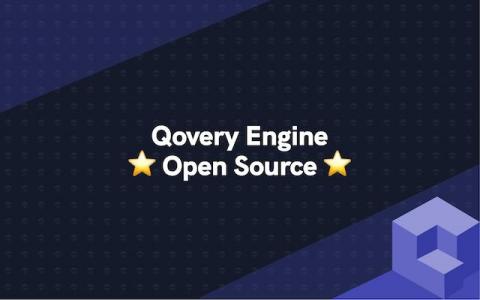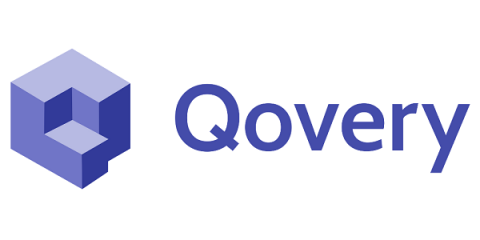Heroku vs AWS: What to choose as a startup?
Cloud computing sometimes spoils one with choices. Let's just take a look at a couple of common cloud services. You can use cloud services to deploy and scale web and mobile apps besides monitoring them. AWS and Heroku provide cloud computing resources. AWS is from Amazon, while Heroku is from Salesforce. In this article, let us see which one is better to use from the start-up perspective.











